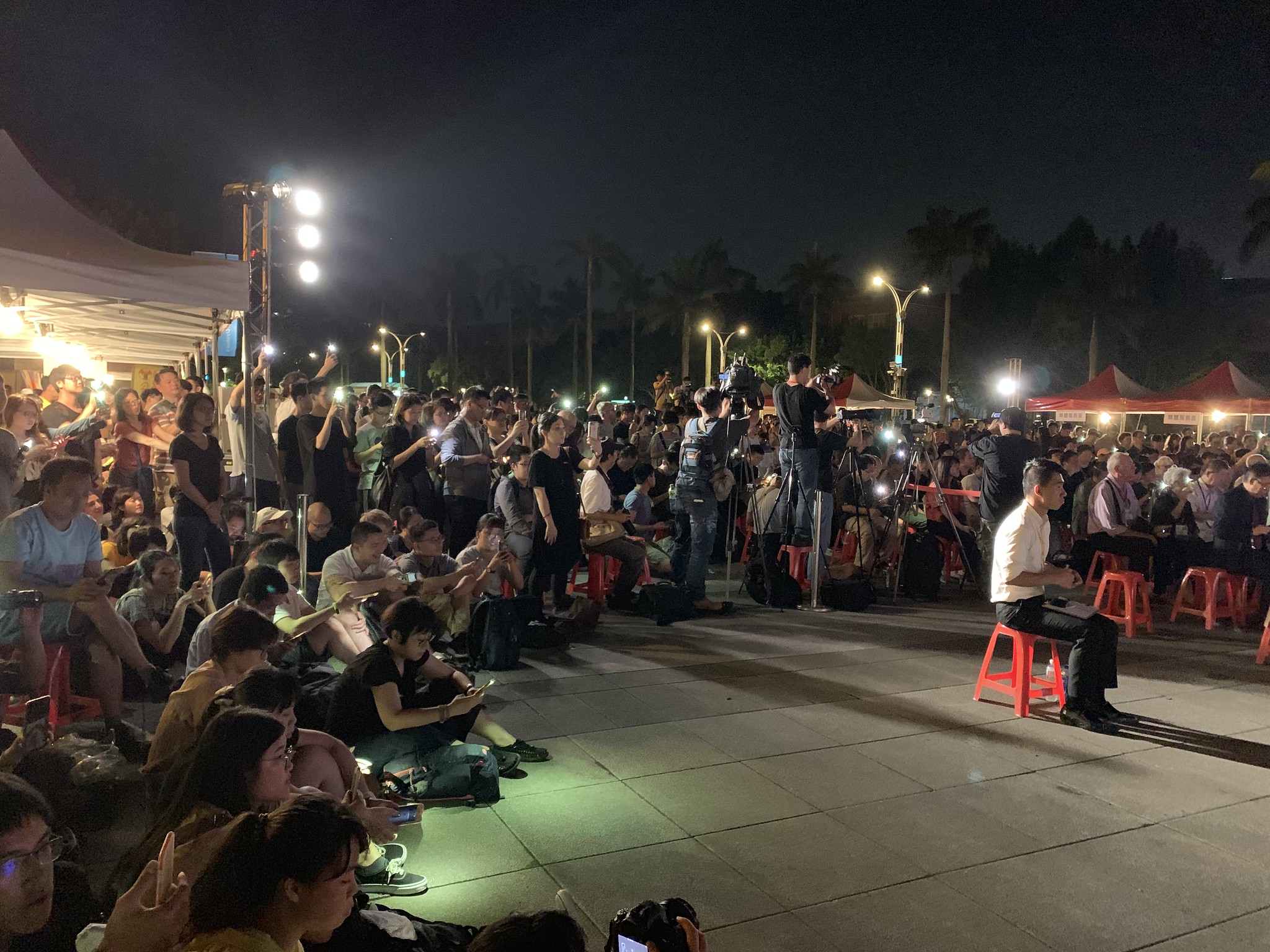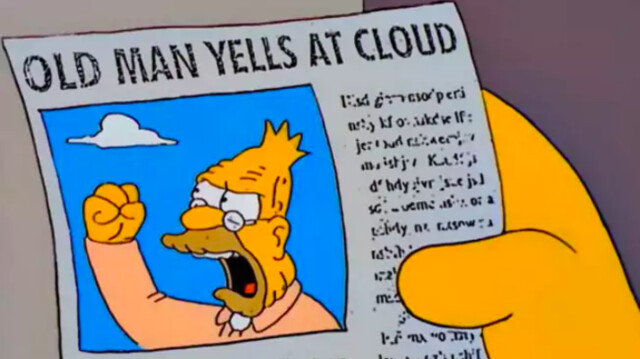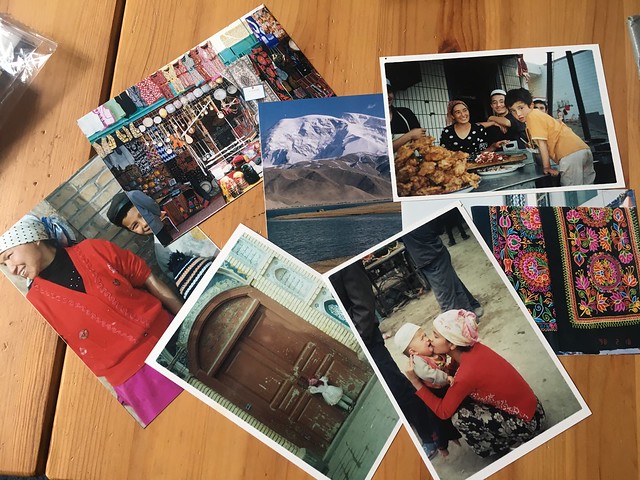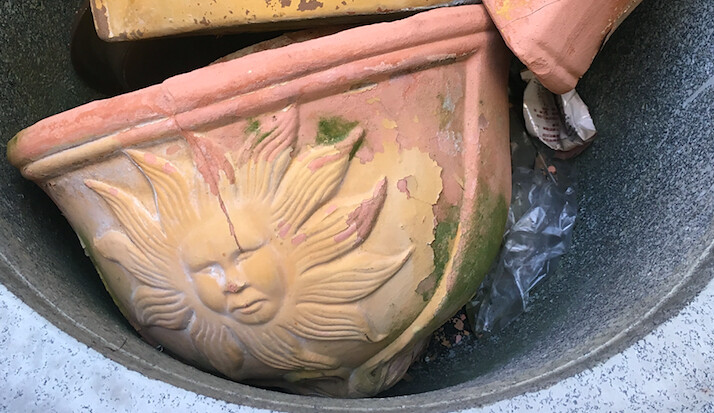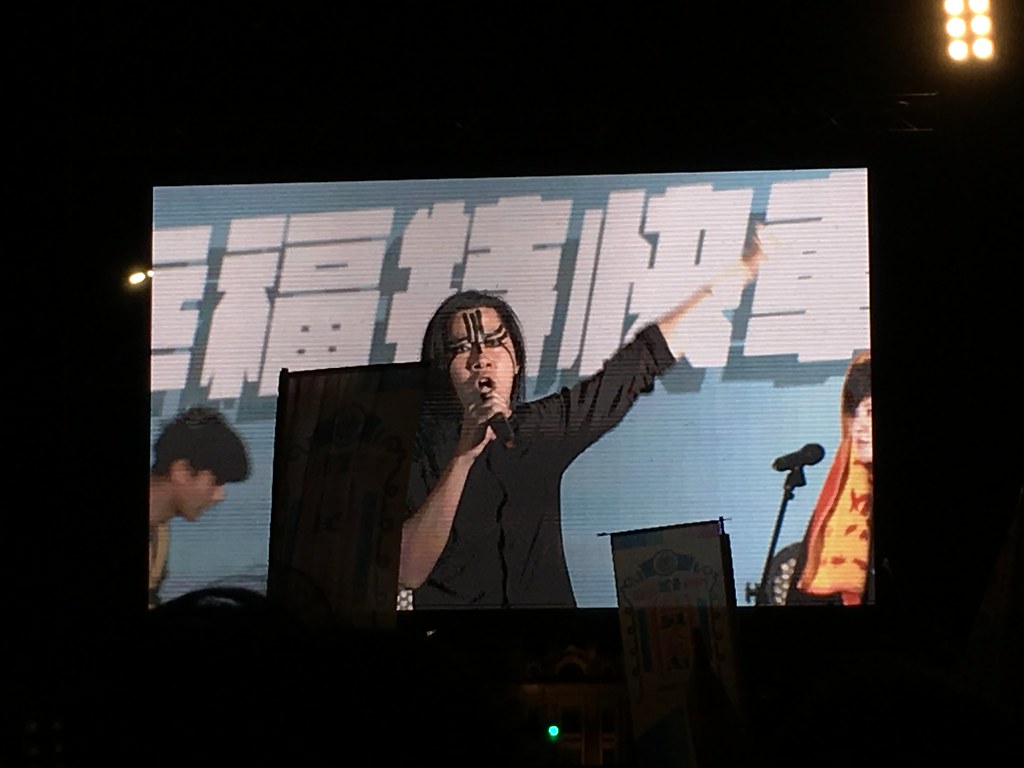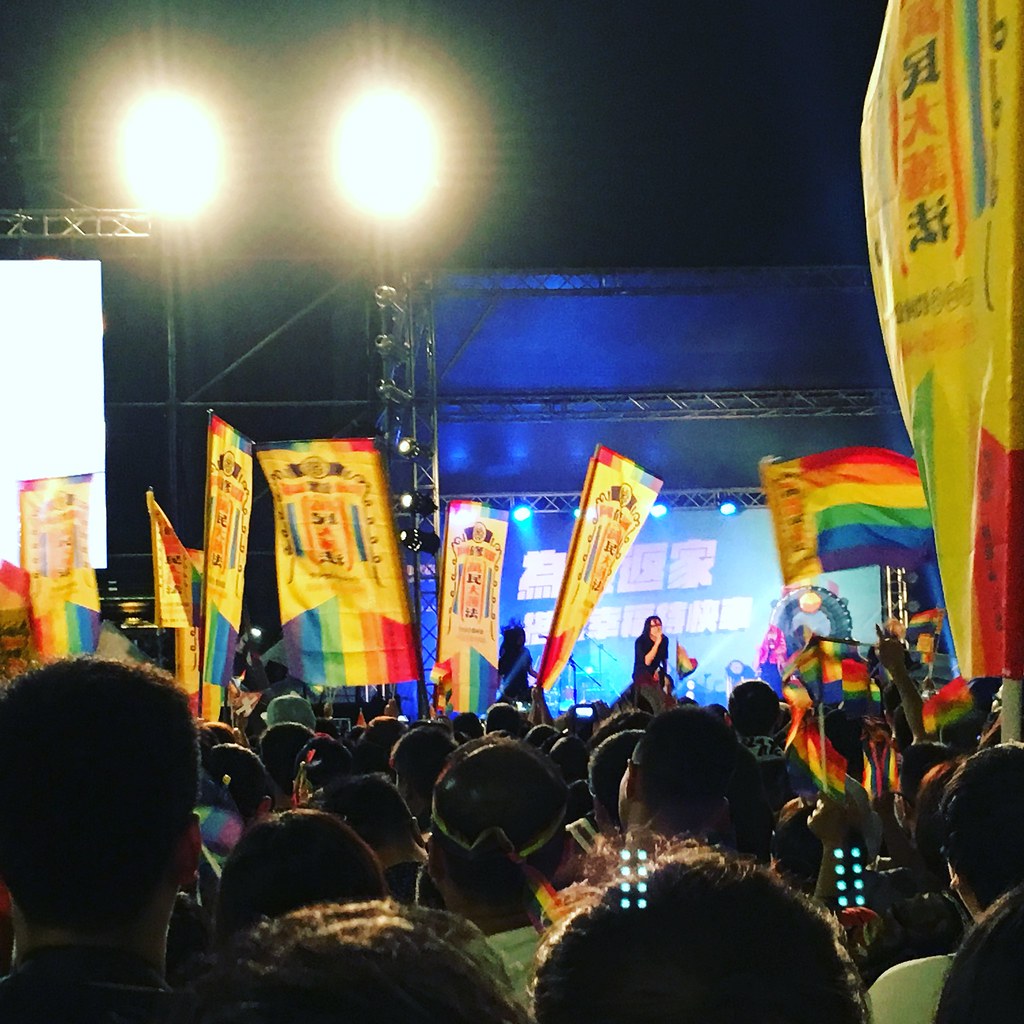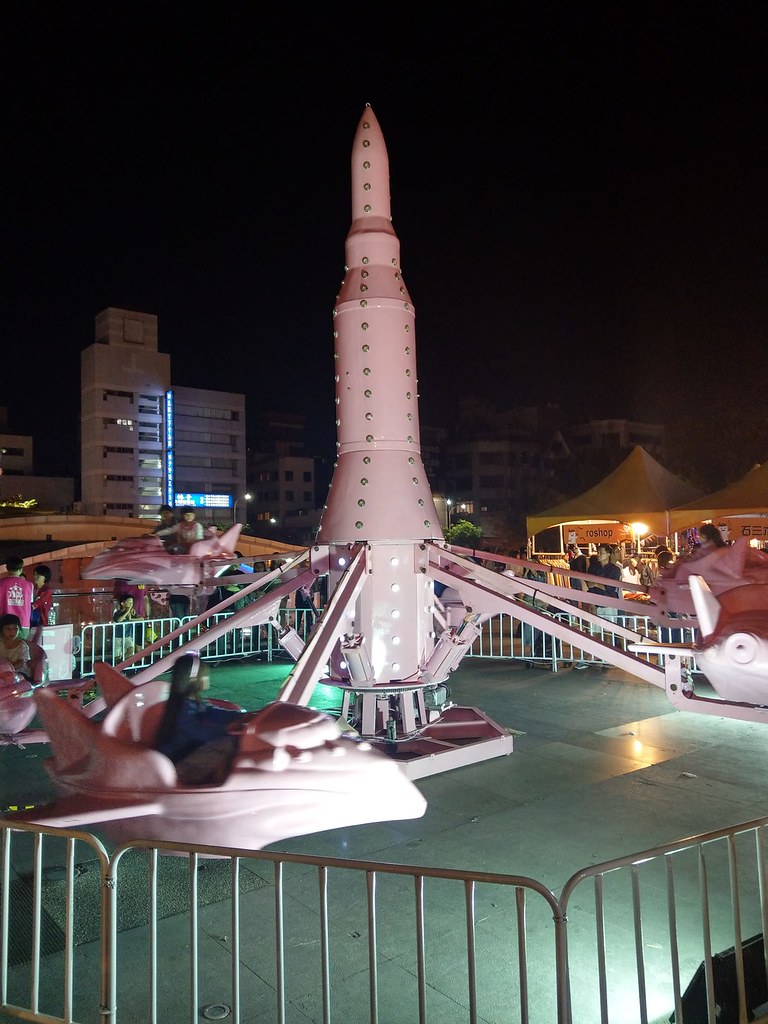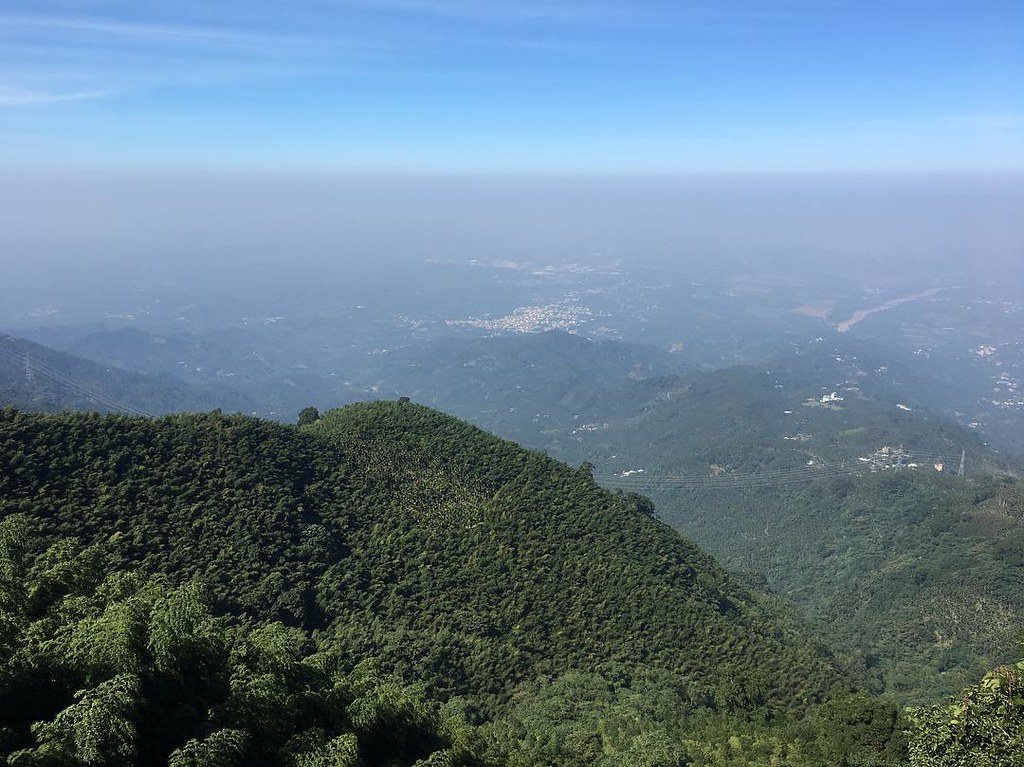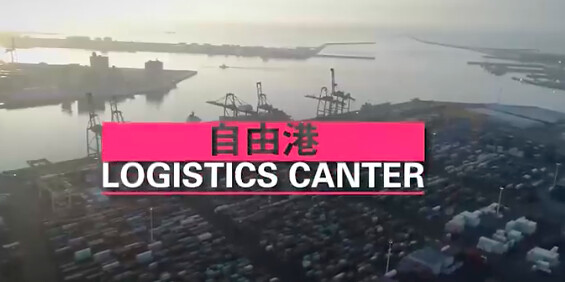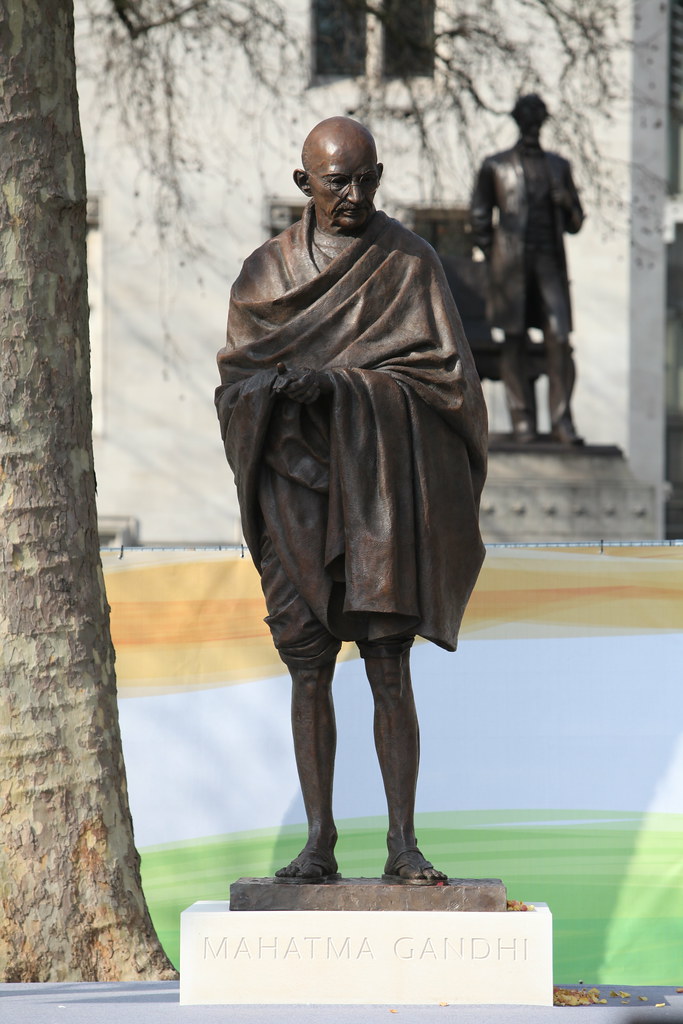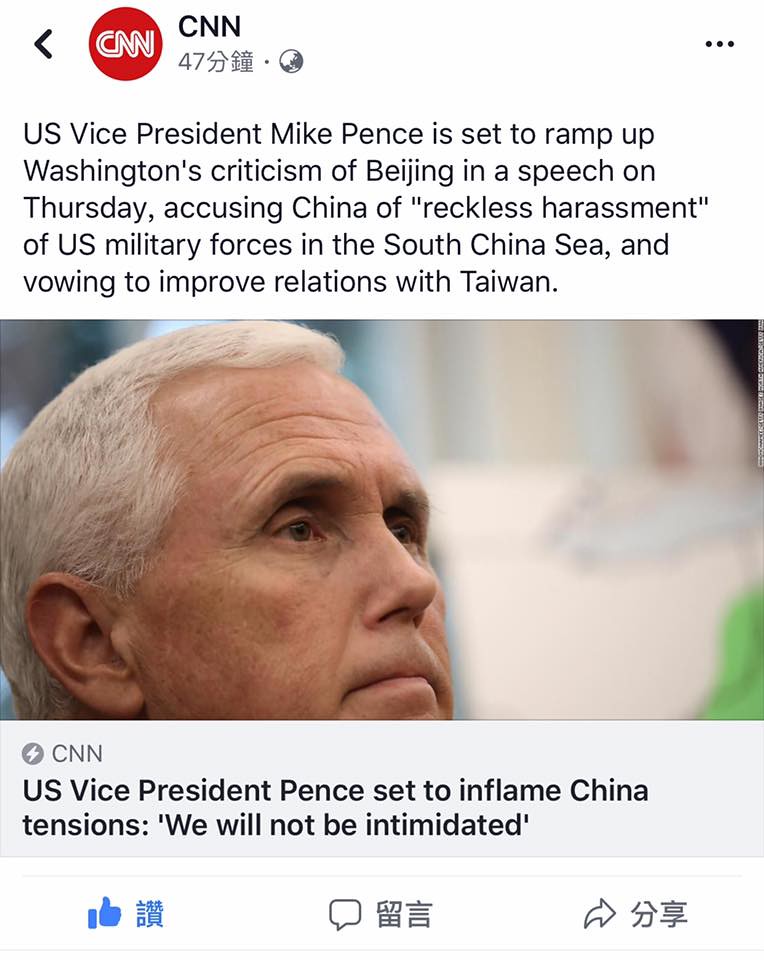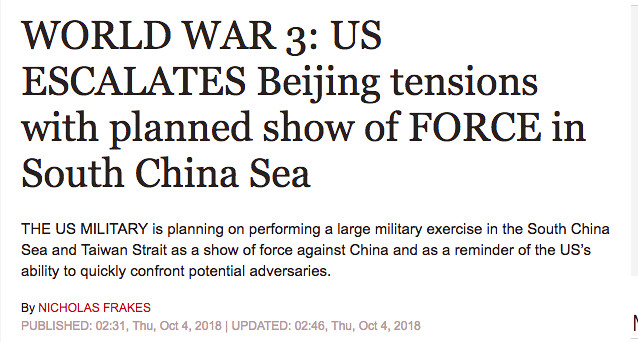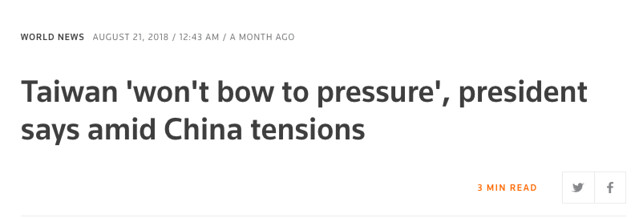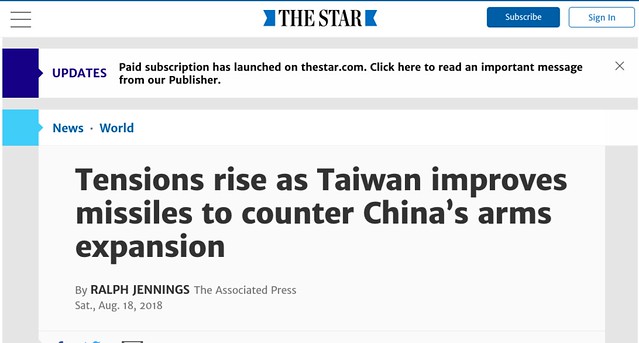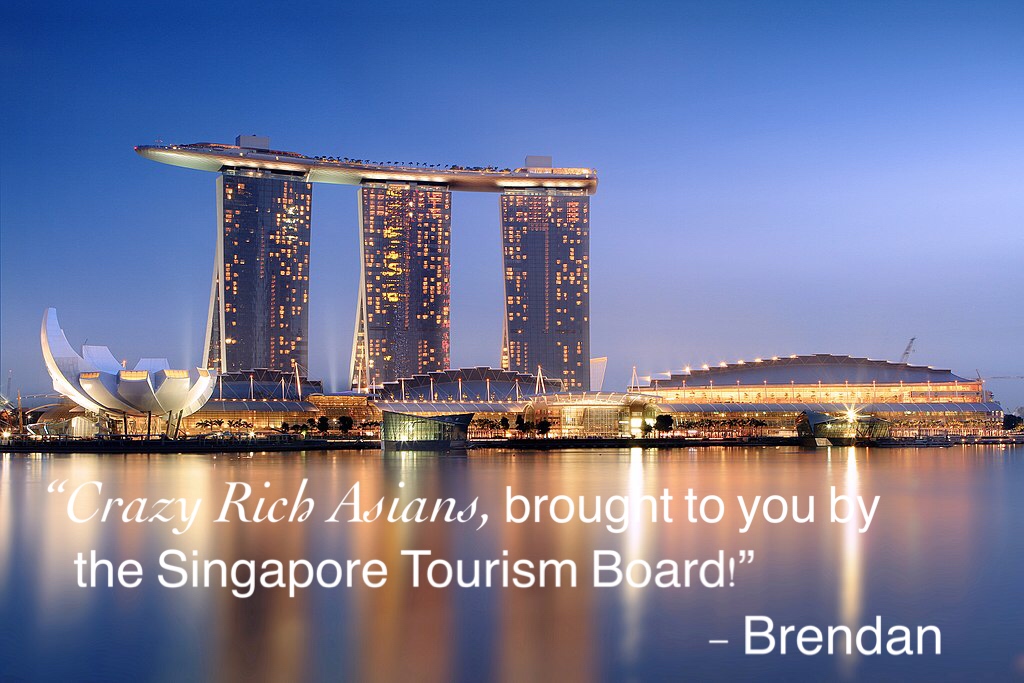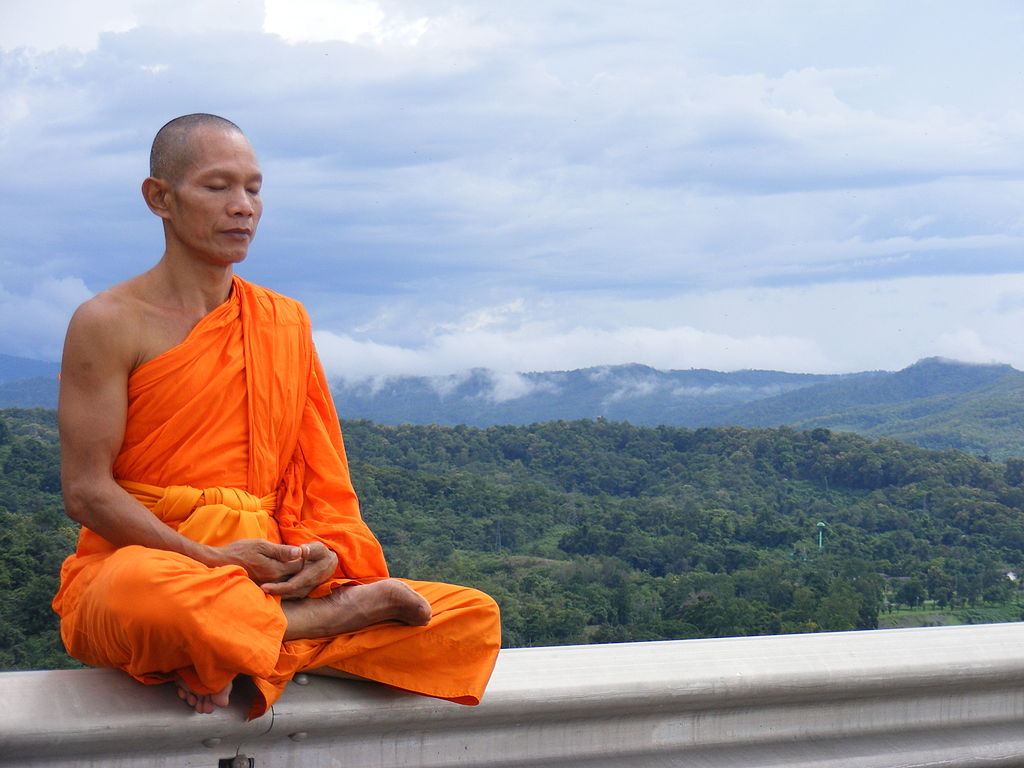 |
| The event was emceed by Lin Fei-fan and Miao Poya |
...I'm not going to give you a rundown.

I'll just say briefly that I've attended in years past, when the crowd was smaller and perhaps a bit more casual, there to remember the events of June 4th, 1989 but not terribly weighed down by them.
 |
| This year's event was better-attended than those in years past. |
This year, I don't know what it was. I would simply expect that there'd be a greater number of PRC spies in the audience than usual, though I can always assume a few are around at any civil society event in Taiwan, so that wasn't it. Perhaps it was the importance of this being a 'Big 0' anniversary. Perhaps trepidation over China's increasing global influence, expansionism and belligerence. Perhaps its increasingly annexationist and violent rhetoric regarding Taiwan. Perhaps a latent knowledge and fear that political conditions in China are worsening, that a genocide is going on while the world shrugs its shoulders ("never again" my ass), that they've already silenced Hong Kong and Taiwan could be next - they intend for Taiwan to be next and this grows more obvious by the day. But I don't really know.
It was something though, and another friend picked up on it too.
 |
| I got to meet Miao Poya |
"Why does the crowd feel different?" he asked. I'd noticed it too, but couldn't put my finger on it.
I thought for a minute and answered, simply -
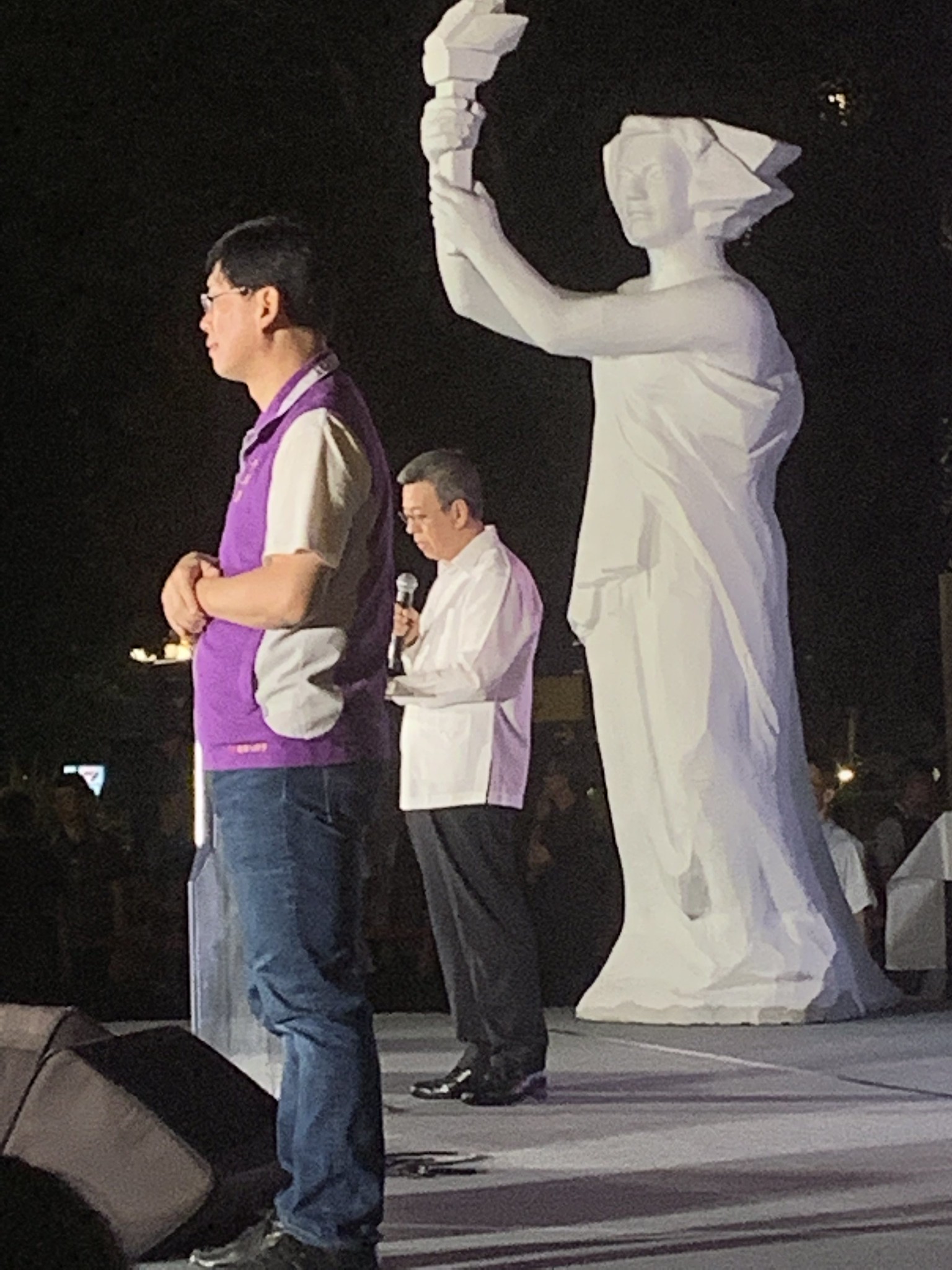 |
| Vice-President Chen Chien-jen speaks |
"Fear."
